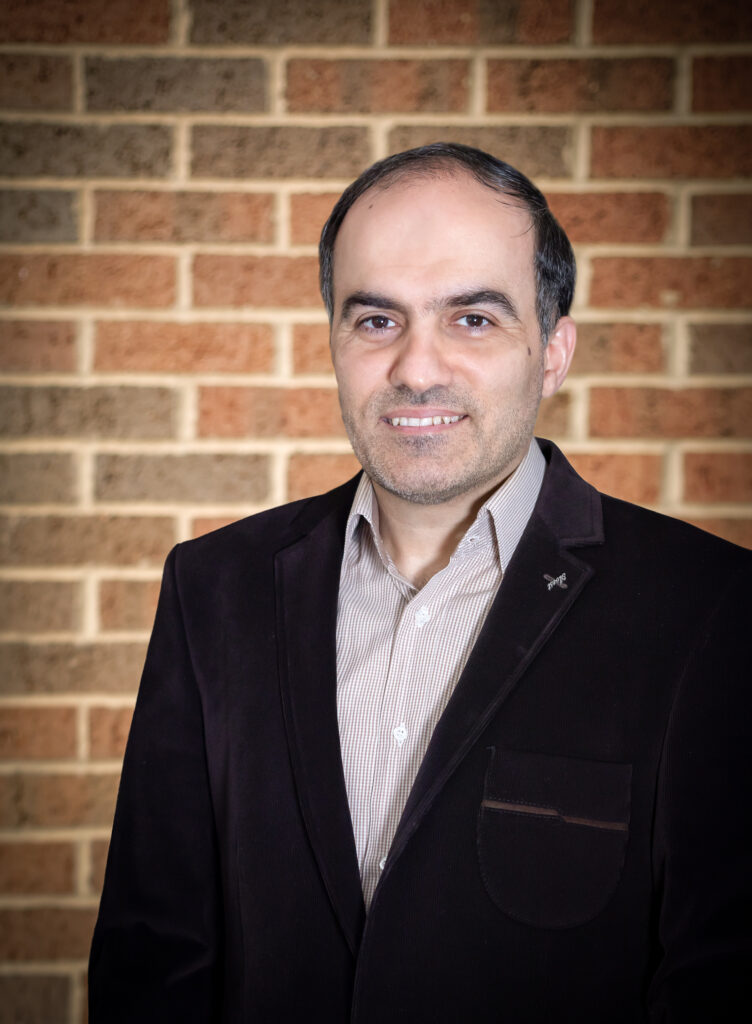The COVID-19 pandemic has accelerated the medical community’s use of remote healthcare as an alternative to conventional medicine—and wireless biomedical devices are a huge part of that shift.
But with patients living longer, the concern turns to the long-term reliability of these devices and data security, given personalized healthcare’s sensitive nature.
Now, with a prestigious early career grant from the National Science Foundation, a Case Western Reserve University electrical engineering researcher will study the security threats and mechanisms that tend to fail in these wireless devices.

With that knowledge, Hossein Miri Lavasani, an assistant professor in the Department of Electrical, Computer and Systems Engineering at the Case School of Engineering, will then develop low-energy analog solutions to detect and fix these weaknesses.
The five-year, $500,000 NSF award—for a project titled, AI-Enabled Self-Healing and Trusted Wireless Transceivers for Biomedical Applications—starts July 1.
The Faculty Early Career Development Program (CAREER) is among NSF’s most prestigious awards, supporting faculty early in their careers “who have the potential to serve as academic role models in research and education and to lead advances in the mission of their department or organization.”
“Professor Lavasani’s NSF-CAREER award project is a great example of the intersection of artificial intelligence/machine learning and microelectronic circuit design for advancing healthcare delivery and augmenting quality-of-life,” said Pedram Mohseni, the Goodrich Professor of Engineering Innovation and chair of the Department of Electrical, Computer and Systems Engineering. “We are all very proud of him and wish him success in pursuing his impactful research over the next five years and beyond.”
The project
The research, Lavasani said, “will fundamentally change remote healthcare solutions by developing a new class of miniaturized self-healing and trusted wireless transceivers that can provide high-speed connectivity at the device level.”
The work also includes teaching students about communications and hardware security. Through collaboration with industry, students will be able to work with industry mentors and gain practical knowledge in microelectronics.
The project also contains initiatives focused on STEM K-12 education, such as summer workshops on secure microelectronics and data communications for local high school students and their teachers. Lab visits and boot camps will also be organized as part of outreach activities.

